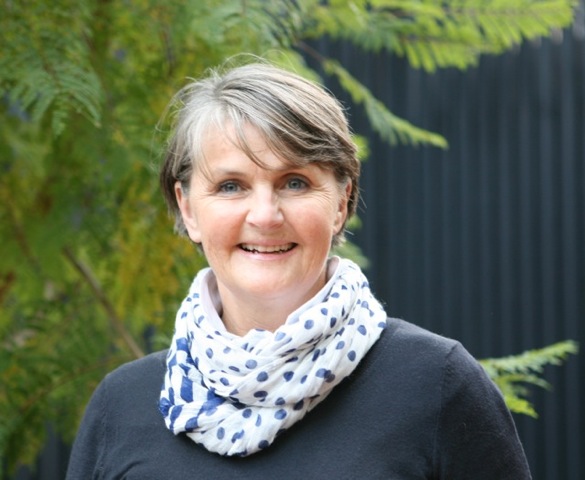This new world age arrives as the earth and sun shift back into alignment at the center of the galaxy. With it dawns a new era for feminine wisdom and ways of knowing, which will hold a new place of power and status. Historically ignored as irrational, illogical and unscientific, the intuitive feminine is about to come into its own.
Drunvalo Melchizedek, in his book Serpent of Light: Beyond 2012 - The Movement of the Earth’s Kundalini and the Rise of the Female Light, 1949-2013, says that masculine energy leads as the earth moves away from the center of the galaxy, while feminine energy leads us back to the center. Now, as earth sits in the center of the galaxy, feminine energy will continue to rise and only get stronger with time.
One of the hallmarks of feminine energy is that it does not need empirical proof to know that something exists. Feminine intuition makes possible a deep, innate knowing and understanding of a truth, with the human or intellectual back up of scientific proof.
In this way, Melchizedek says that feminine ways of knowing are far quicker than the masculine, which cannot believe or acknowledge a truth until it has been unequivocally proven. The result is that it often takes men a whole lot longer to know something is true.
This can lead to the bizarre and absurd situation where thousands, even millions, of man-hours and dollars are spent to discover something that was already known by fifty percent of the population.
The Grant Study is a longitudinal study of 268 Harvard undergraduates that began in 1938 and continues to this day. Its aim is to determine what enables humans to thrive, not just physically, but emotionally, intellectually, socially and creatively.
Scott Stossel, of the The Atlantic magazine, recently revisited the study to ascertain its latest conclusions about health, success and happiness. He describes this extraordinary study thus:
“…one of the longest-running longitudinal studies of human development…which began in 1938, has followed 268 Harvard undergraduate men for 75 years, measuring an astonishing range of psychological, anthropological, and physical traits—from personality type to IQ to drinking habits to family relationships to “hanging length of his scrotum”—in an effort to determine what factors contribute most strongly to human flourishing.”
Seventy-five years and twenty million dollars later, George Vaillant, the director of the study for more than 30 years, has finally come to the conclusion that the vast majority of women in the world could have told him before the first dollar was ever spent: “Happiness is love.”

